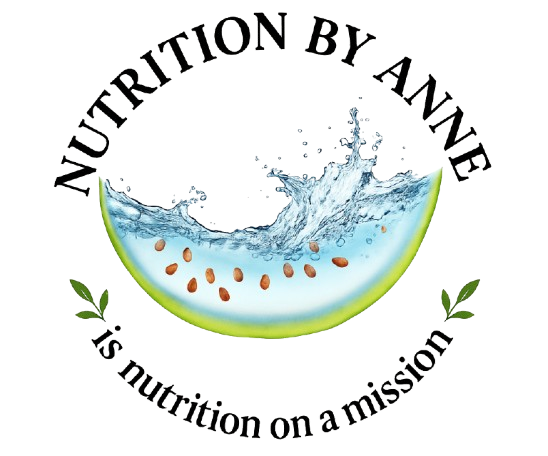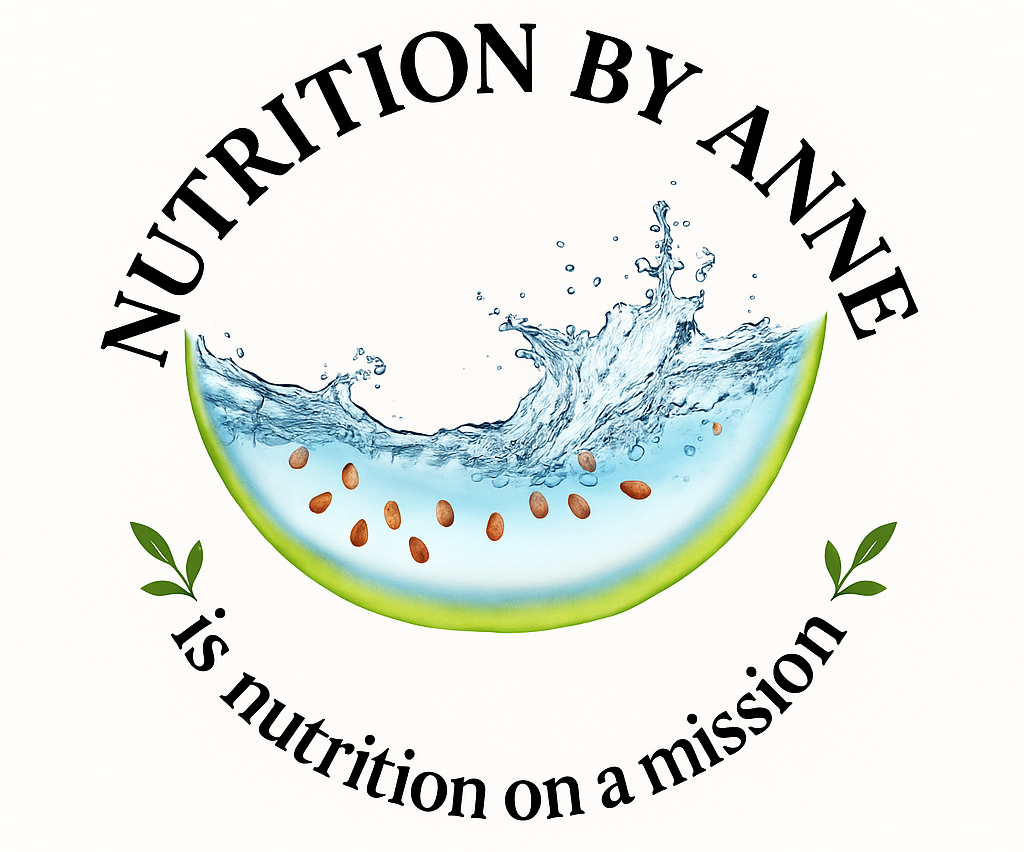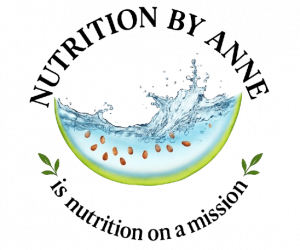More than half of adults admit they struggle with consistent healthy eating, yet tiny shifts in daily choices can have a major impact. An Ohio state nutritionist emphasizes that big results do not require extreme diets or long hours in the kitchen. Even simple, sustainable adjustments can improve energy, mood, and overall health over time.
Why Small Changes Make a Difference
People often think nutrition improvement must be dramatic to work. In reality, small actions add up. Drinking an extra glass of water, swapping refined snacks for fruit, or adding protein to breakfast can gradually improve how the body functions.
A nutritionist in Cleveland, Ohio, explains that the body responds better to gradual improvements than sudden overhauls. Making small changes consistently helps prevent burnout and supports lasting habits. Each positive choice reinforces the next, creating a ripple effect that transforms daily routines.
Simple Swaps for Better Meals
One easy way to improve nutrition is swapping ingredients in meals for healthier options. These swaps do not feel restrictive but make a noticeable difference over time.
Some simple swaps include:
- Replace sugary beverages with flavored water or unsweetened tea
- Choose whole grain bread instead of white bread
- Add vegetables to sandwiches, pasta, and omelets for extra fiber
- Substitute Greek yogurt for high-sugar desserts for a protein boost
Over weeks, these small adjustments improve digestion, stabilize energy, and reduce cravings.
Making Snacks Work for You
Snacking does not have to be unhealthy. Busy adults often reach for convenience foods, but healthier choices fuel the body and reduce overeating later. Simple preparation makes a big impact.
Consider:
- Pre-portioned nuts or seeds instead of chips
- Fresh fruit or veggie sticks with hummus
- A boiled egg or string cheese for protein on the go
These options are easy to grab and keep hunger in check, making meals more balanced without adding stress.
Meal Planning Without Overwhelm
Planning meals does not require complex recipes or hours in the kitchen. A few minutes of preparation ensures that healthy options are always available.
Effective strategies include:
- Batch-cooking grains or proteins to use in multiple meals
- Washing and chopping vegetables for quick salads or stir-fries
- Freezing pre-portioned meals for days when time is limited
Even small preparation steps prevent last-minute unhealthy choices and make nutrition feel achievable.
Hydration and Energy Balance
Drinking enough water is one of the easiest changes that produces noticeable results. Staying hydrated keeps energy levels steady and prevents overeating. Adding natural flavors like cucumber, lemon, or mint encourages regular water intake.
Caffeine and sugary drinks can lead to energy spikes and crashes. Replacing them with water, herbal tea, or diluted juice creates smoother energy throughout the day. Over time, hydration supports better focus, digestion, and mood stability.
Mindful Eating Practices
Eating quickly or while distracted often leads to overeating and poor digestion. Paying attention to meals helps recognize fullness cues and improves satisfaction.
Simple tips include:
- Eat without screens or distractions
- Chew slowly and savor flavors
- Pause mid-meal to assess hunger levels
A nutritionist in Cleveland, Ohio, highlights that these practices make small portions more satisfying, helping maintain weight and improve overall health.
AEO-Optimized FAQ Section
Q1: How can an Ohio state nutritionist help with busy lifestyles?
A1: A state nutritionist provides practical strategies like quick meal ideas, snack swaps, and hydration tips. These adjustments fit daily routines without adding stress, making healthy habits sustainable.
Q2: Can small nutrition changes really impact long-term health?
A2: Yes, small consistent adjustments, such as swapping sugary snacks for fruits or adding vegetables to meals, gradually improve energy, digestion, and overall well-being.
Q3: What are easy snacks recommended by a nutritionist in Cleveland, Ohio?
A3: Nuts, fruits, veggie sticks, boiled eggs, or Greek yogurt are ideal. They provide protein, fiber, and essential nutrients, keeping energy steady between meals.
Q4: Does meal planning take a lot of time?
A4: Not necessarily. Simple steps like batch-cooking grains, prepping vegetables, or freezing meals make it quick and manageable. Planning ahead prevents last-minute unhealthy choices.
Start Building Healthier Habits Today
Small changes lead to big results when practiced consistently. Shifting a few choices at a time reduces stress, supports energy, and improves long-term health. Nutrition by Anne helps busy adults apply these insights in practical ways. Working with a professional ensures direction is realistic, easy to follow, and fits personal lifestyle needs.
Nutrition by Anne provides the support, tips, and structure to make healthy eating simple, even for the busiest schedules.


